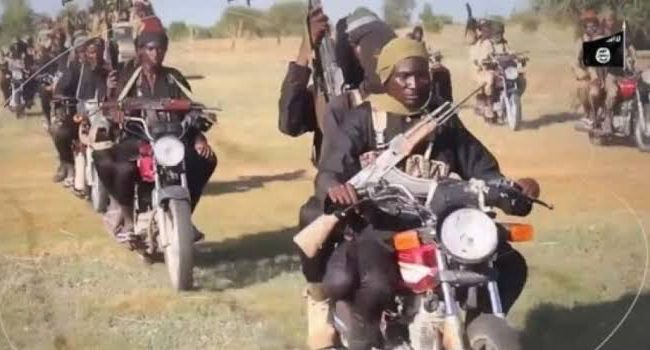News
UNICEF says Nigeria lost $100m to insecurity in North-East

A whooping $100 million has been lost by Nigeria dues to armed conflict with insurgents in the North-East geopolitical zone between 2008 and 2021, the United Nations Children’s Fund (UNICEF) has said.
UNICEF stated this in a report issued on Wednesday, adding that: “The direct effects of conflict, in terms of death and injury, loss of livelihoods, displacement, and damage to infrastructure, are transformed into long-term economic impacts,”
It also said that this is because these impacts reduce the rate of economic growth for the country affected by conflict relative to what it might have been, had conflict not occurred.
“This study provides a quantitative estimate of the economic cost that arises from violence and grave violations. The study found that, for the duration of the conflict, cumulative losses (i.e., the losses that build up each year that the economy is damaged) were around US$100 billion.
“The monetary measures are an indicator of the lost development opportunities suffered as a result of the conflict”, UNICEF said in the report.
The UN agency, while noting the impacts of conflicts, said the North-East conflicts has implications beyond Nigeria’s shores.
Read also: VON DG blames Atiku for PDP’s defeat at tribunal
“The impacts of conflict are not confined to the regions that experience these most acutely. Nigeria as a whole, is worse off as a result of the conflict,” the report added.
“Given Nigeria’s economic size relative to the rest of the region, slower growth in the country may have broader regional spillover effects. That is, regional growth is likely to be lower than in a counterfactual case in which Nigeria was free of conflict”, the report added.
Commenting on the development, UNICEF’s Representative in Nigeria Cristian Munduate, said even if the conflict’s effect reduces in the coming years, its impacts on the economy would still be “profound”.
“Even if we anticipate a reduction in conflict effects over the next ten years, the Nigerian economy still faces profound cumulative losses,” she said.
“The ‘scarring’ effect of this drawn-out conflict may inhibit the economy from achieving its full potential, putting the nation’s future prosperity in jeopardy”, Munduate said.
Join the conversation
Support Ripples Nigeria, hold up solutions journalism
Balanced, fearless journalism driven by data comes at huge financial costs.
As a media platform, we hold leadership accountable and will not trade the right to press freedom and free speech for a piece of cake.
If you like what we do, and are ready to uphold solutions journalism, kindly donate to the Ripples Nigeria cause.
Your support would help to ensure that citizens and institutions continue to have free access to credible and reliable information for societal development.






















